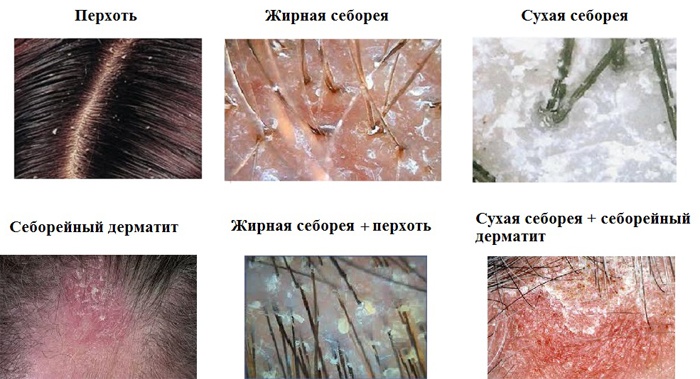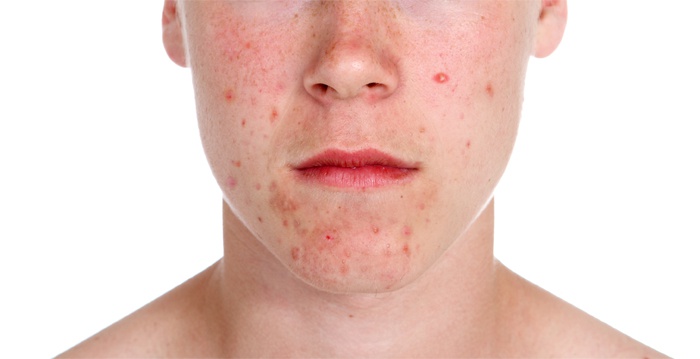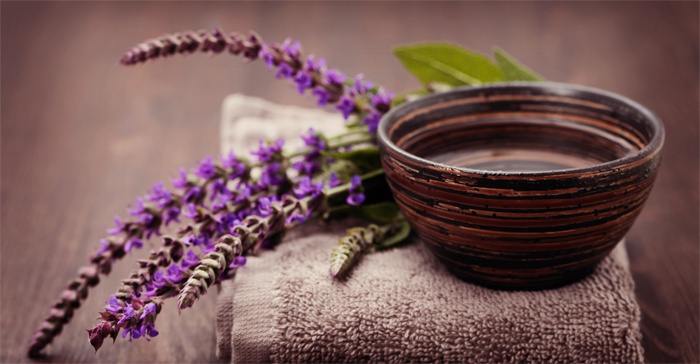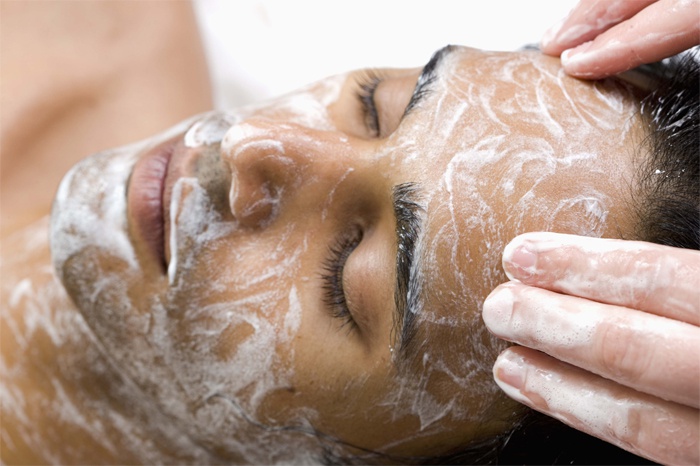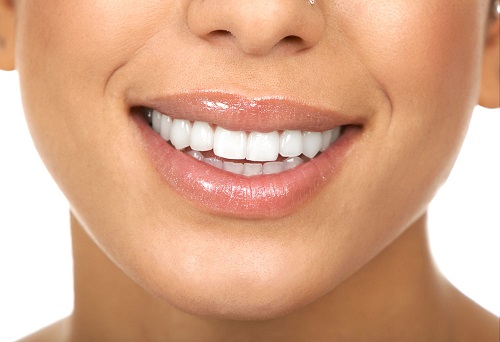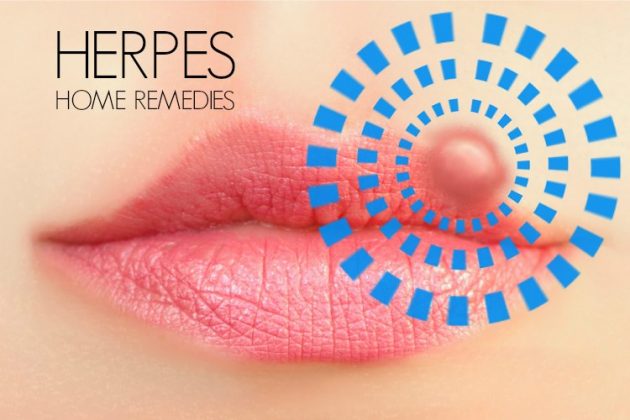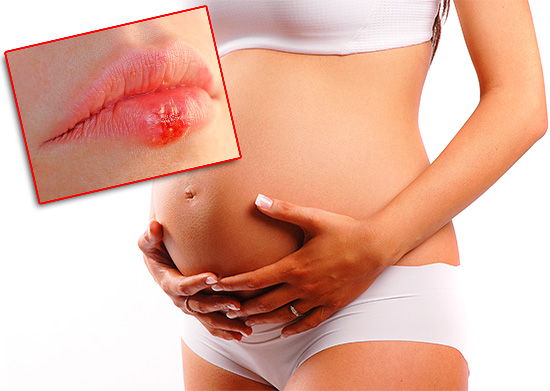Content
- Symptoms of Seborrhea
- Causes of seborrheic dermatitis on the face
- How to treat dermatitis on the face
- Diet for seborrhea of the face and head
Seborrhea of the skin of the face is a dermatological disease, which is accompanied by a number of pronounced signs. Mostly teenagers and men are affected, but women are no exception, although their percentage is much lower. Seborrhea on the face causes a certain discomfort, moreover, its manifestations indicate a clear violation of the normal functioning of the body. At the first signals of this disease, it is necessary to take timely measures, otherwise it may become chronic, then it will be much more difficult to recover.
Symptoms of Seborrhea
In order not to miss the onset of seborrhea, you need to know how dermatitis looks on the face. There are several types of this ailment, but among them there are two main ones – fatty and dry seborrhea. Their signs are somewhat different, although there is a certain commonality of symptoms. The following are the main external manifestations that indicate that you have one or another type of seborrhea. Having looked at them, it is easy to determine the first bells, but the doctor must treat seborrhea.
Dry
With dry seborrhea (also called thick seborrhea), the sebum secretion decreases, causing peeling and severe itching, dry spots appear on the face, the skin crackes, becomes rough, the hair becomes dry and brittle. Excessive peeling of certain areas of the skin suggests that it is necessary to appear to a dermatologist and get recommendations for subsequent treatment.
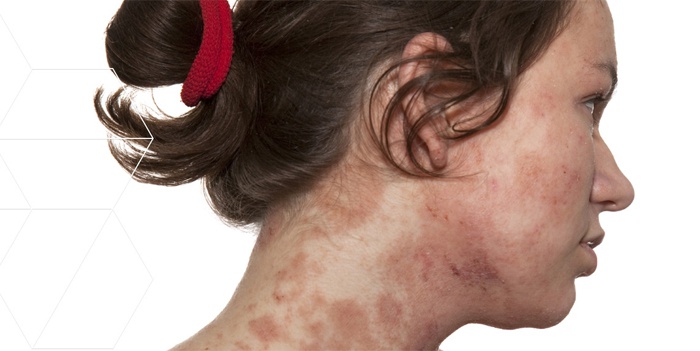
Greasy
With oily (liquid) seborrhea, the opposite is true: the sebaceous glands work intensely, so the skin begins to shine, acquires an unhealthy gray color, the pores expand, pour out acne on the face, acne covered with scales. In addition to these, there are also allergic dermatitis and atopic dermatitis – they arise from exposure to the allergen to the skin or when using products that cause allergies, from dust, metal contact.
Often, the above symptoms are observed in infants (for example, during a change of diet), and in 50% of cases are chronic, so relapses occur throughout life. If such dermatitis occurred in adulthood, then you should look for the cause that caused it. Do not confuse seborrhea and fungus on the face – these are different diseases, so the answer to the question of how to cure the skin of the face will be different.
Causes of seborrheic dermatitis on the face
The main causative agent of the infection is the lipophilic fungus Pityrosporum ovale, which constantly lives on the skin in 90% of people, but is activated only under certain circumstances that give impetus to the spread of the disease. You can live with him calmly, never encountering seborrhea on your face. If this still happened, then the reasons may be the following:
- a malfunction in the hormonal system (for example, while taking hormonal drugs or contraceptives);
- puberty in adolescents;
- chronic or infectious diseases of internal organs;
- malnutrition;
- bad habits;
- thyroid pathology;
- dysbiosis;
- constant stress.
Skin dermatitis on the face (seborrhea) has characteristic features, it is easy to confuse them with other skin diseases (allergic dermatitis, psoriasis, deprivation). If symptoms occur, you should not engage in self-diagnosis, it is better to contact a dermatologist. He will correctly identify your problem, prescribe the appropriate treatment.
How to treat dermatitis on the face
How to get rid of seborrheic dermatitis on the face? Thanks to modern methods, he is successfully treated, but requires punctual compliance with all the rules. At the same time, it is effective to use a comprehensive course, eliminating the cause that caused dermatitis of the face. During the course of treatment for seborrhea, it is not recommended to use face wash with an alcohol base, other aggressive skin cleansers, hormonal preparations. Haphazard treatment brings only a temporary result, then in most cases a relapse occurs.
Ointments
With dry seborrhea, naphthalan, salicylic or 10% sulfuric ointments, sulsen paste are prescribed. Many ointments for the treatment of seborrhea contain zinc. They dry the skin well, have a calming and anti-inflammatory effect. Ichthyol ointment 2-5% has a good effect. Ointments are used to treat the main areas of the manifestations of dermatitis: chin, forehead, nose.
Folk remedies
Facial skin treatment is a long procedure, so the parallel use of medicinal plants with healing properties gives a good effect. It helps to wash with decoctions of a string, St. John’s wort, sage, or simply rubbing them instead of a tonic. Grandmothers are advised to grate a cucumber with honey or aloe, raw potato compresses. Lemon juice, half diluted with warm water, relieves itching well. A proven remedy for seborrhea, known since ancient times – infusion of burdock roots, which rub the scalp.
Creams
The thick creams used to treat seborrhea on the face last longer than tinctures, but not all are suitable for getting rid of oily seborrhea. But the henna product has a wonderful healing and drying effect: henna brewed with hot water is mixed with a nourishing cream, then the scalp is lubricated. To achieve a visible effect, 8-12 procedures are enough.
Diet for seborrhea of the face and head
During the treatment period, the strictest hypoallergenic diet should be observed. Some products will have to be completely forgotten – a beautiful, healthy skin is more important than beer, cake or smoked brisket. Seborrhea loves a healthy lifestyle and proper nutrition. Doctors advise to use products containing selenium, zinc, vitamins A, C, group B, but they should be taken in accordance with the measure – an excess of certain elements in the body leads to the appearance of other complications in parallel with seborrhea.
What foods should be the basis of nutrition during the diet:
- Any healthy fluid – pure water, freshly squeezed juices, herbal infusions.
- Dietary meat – chicken, lean pork, low-fat fish (it is better if the meat is cooked by steam).
- The obligatory menu should contain pumpkin, rich in vitamins C, B1, B2, E, it contains a lot of zinc, useful for treatment. Zucchini, asparagus, sea kale are also recommended to be consumed more often during this period.
- From dairy products cottage cheese, kefir, buckwheat, pearl barley, oatmeal porridge are allowed (milk is diluted halfway with water).
The list of banned foods with seborrhea is large, basically these are not the most useful foods, even if a person is healthy. All kinds of carbohydrates are contraindicated – soda, cakes, buns, pickles, smoked foods, fast food, citrus fruits. Alcohol with tobacco must absolutely be forgotten. Practice shows that treatment of seborrhea will be successful only with strict observance of all recommendations.






